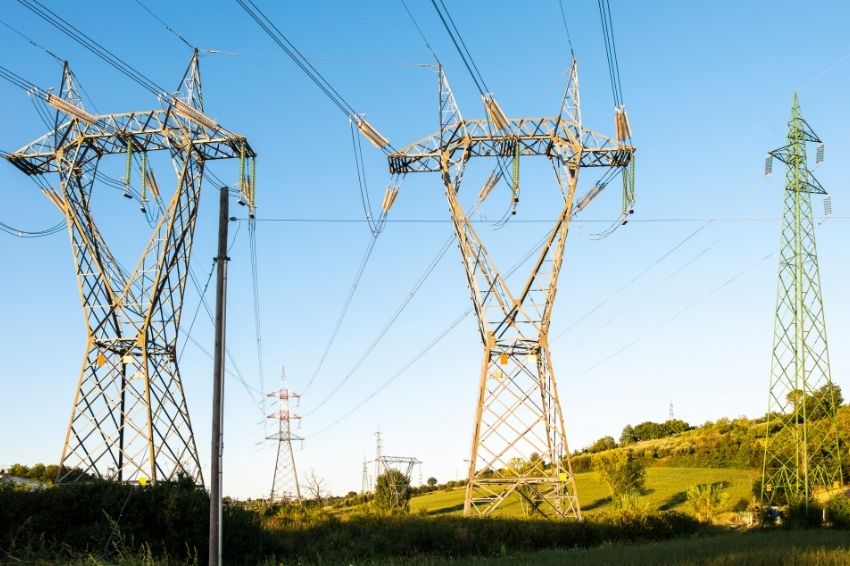The Federal Government defined the rules for the start of the voluntary electricity consumption rationing program until April 30, 2022.
Called RVD (Voluntary Reduction in Electricity Demand), the initiative was taken to reduce energy demand and avoid the risk of blackouts in the country.
The measures are only valid for industries that are on the free market, that is, those that purchase energy directly from the generator or supplier, without going through the distributor.
The decision considers a suggestion made by industries and provides rules for the mechanism for offering voluntary demand reduction to entities.
The idea consists of remunerating, through a system similar to auctions, the energy that companies manage to save, shifting this consumption to a time that puts less pressure on the SIN (National Interconnected System).
Initially, the MME (Ministry of Mines and Energy) had suggested offering energy reductions to industries with at least 30 average MW. However, the amount, being too high, would make participation by part of the sector unfeasible.
Furthermore, the proposed rules did not allow consumers to act as aggregating agents, which are those that group the loads of consumer units so that, together, they meet the minimum demand reduction supply limit. Because of this, at the beginning of last week, Firjan (Federation of Industries of the State of Rio de Janeiro) made some suggestions to the Ministry to change some items of the initial measure.
The changes published, through the Ordinance 22/2021, predict that the minimum value to be offered for reduction will be 5 MW, increasing the participation of industries; and that consumers can also organize themselves and act as aggregators, reducing transaction costs.
It was also agreed that ONS (National Electric System Operator) and CCEE (Electric Energy Trading Chamber) will publish guidelines and documents in the coming days so that companies can participate in the voluntary demand reduction offer.
Water crisis
Brazil is currently going through the biggest water crisis of the last 91 years, because of the historic drought that affects the main reservoirs in the Southeast and Central-West regions, and which, together, correspond to more than 70% of national hydropower generation.
Without water in the reservoirs, the Federal Government had to take measures to avoid the need for rationing, such as purchasing energy from neighboring countries and activating thermal plants, which in addition to being pollutant, also increased the value of Brazilian families' electricity bills.
In a statement, the Federal Government informed that it has been using all available resources and taking exceptional measures to increase energy supply. “In addition to these measures, with the publication of the guidelines, the possibility of large consumers contributing through demand management is added”, he highlights.
The Union also stressed that the objective of voluntary rationing is to enable alternatives that contribute to increased safety and continuity of electrical energy service to consumers. “In this way, the proposal presents a conjunctural approach to confront the current scenario, in continuity with the ongoing alternatives, which have been monitored by the CMSE, under the coordination of the MME, and with relevant participation of the institutions that make up the collegiate”.















